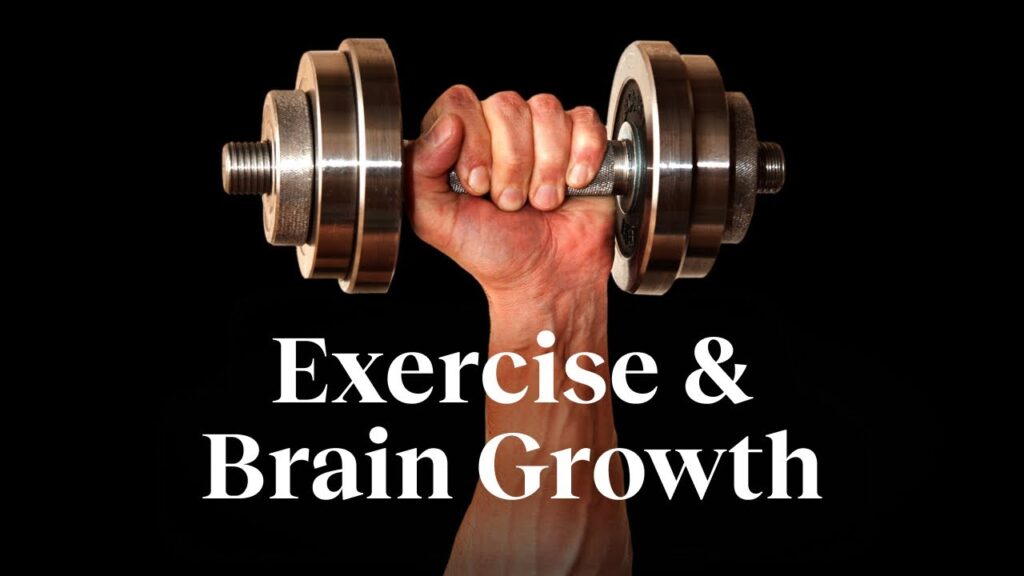Exercise isn’t just good for your body—it’s a powerhouse for your brain. From improving memory to lifting your mood, the neuroscientific benefits of exercise are backed by decades of research. In this article, we’ll dive into how physical activity impacts the brain, the science behind its effects, and practical tips to incorporate exercise into your daily routine. Whether you’re a fitness enthusiast or just starting out, understanding these benefits can motivate you to move more and live better.
Why Exercise is a Brain Game
Exercise is often associated with physical health, but its impact on the brain is equally profound. Here’s why:
- Neurogenesis: Exercise stimulates the growth of new neurons in the hippocampus, the brain region responsible for memory and learning.
- Neurotransmitters: Physical activity boosts the production of serotonin, dopamine, and endorphins, which improve mood and reduce stress.
- Brain Plasticity: Exercise enhances the brain’s ability to adapt and form new connections, supporting cognitive function and resilience.
How Exercise Enhances Memory
Memory is one of the most significant cognitive functions influenced by exercise. Here’s how it works:
- Hippocampus Growth: Aerobic exercise, like running or swimming, increases the size of the hippocampus, improving memory retention.
- BDNF Boost: Exercise elevates levels of Brain-Derived Neurotrophic Factor (BDNF), a protein that supports neuron growth and survival.
- Improved Focus: Regular physical activity enhances attention and concentration, making it easier to encode and recall information.
- Reduced Cognitive Decline: Exercise has been shown to slow age-related memory loss and reduce the risk of neurodegenerative diseases like Alzheimer’s.

The Mood-Boosting Power of Exercise
Feeling down? Exercise might be the natural remedy you need. Here’s how it lifts your mood:
- Endorphin Release: Physical activity triggers the release of endorphins, the brain’s “feel-good” chemicals.
- Stress Reduction: Exercise lowers cortisol levels, helping you manage stress and anxiety more effectively.
- Serotonin Boost: Regular exercise increases serotonin production, which regulates mood and promotes feelings of well-being.
- Social Connection: Group activities like team sports or fitness classes foster social bonds, reducing feelings of loneliness and depression.
The Science Behind Exercise and the Brain
The connection between exercise and brain health is supported by extensive research. Here’s what studies have found:
- Neuroplasticity: Exercise enhances the brain’s ability to reorganize itself, improving learning and problem-solving skills.
- Inflammation Reduction: Physical activity reduces inflammation in the brain, which is linked to depression and cognitive decline.
- Improved Blood Flow: Exercise increases blood flow to the brain, delivering oxygen and nutrients that support optimal function.
Practical Tips to Reap the Neuroscientific Benefits of Exercise
Ready to boost your brainpower? Here are 5 actionable tips to get started:
- Start Small: Begin with 10-15 minutes of moderate exercise, like walking or yoga, and gradually increase intensity.
- Mix It Up: Combine aerobic exercises (e.g., running, cycling) with strength training (e.g., weightlifting) for maximum benefits.
- Make It Social: Join a fitness class or sports team to stay motivated and build connections.
- Set Goals: Track your progress and celebrate milestones to stay committed.
- Stay Consistent: Aim for at least 150 minutes of moderate exercise per week, as recommended by health experts.
Real-Life Examples of Exercise Transforming Lives
- Students: Studies show that students who exercise regularly perform better academically and have improved focus.
- Professionals: Employees who incorporate physical activity into their routines report higher productivity and lower stress levels.
- Seniors: Older adults who exercise experience slower cognitive decline and better mental health.
Final Thoughts: Move Your Body, Boost Your Brain
The neuroscientific benefits of exercise are undeniable. From enhancing memory to lifting your mood, physical activity is a simple yet powerful way to improve your brain health and overall well-being. Whether you’re hitting the gym, going for a run, or simply taking a walk, every step counts.
At Onescholar.org, we provide actionable career growth and skill development tips to help you succeed in today’s competitive world.
VIDEO CREDIT:






